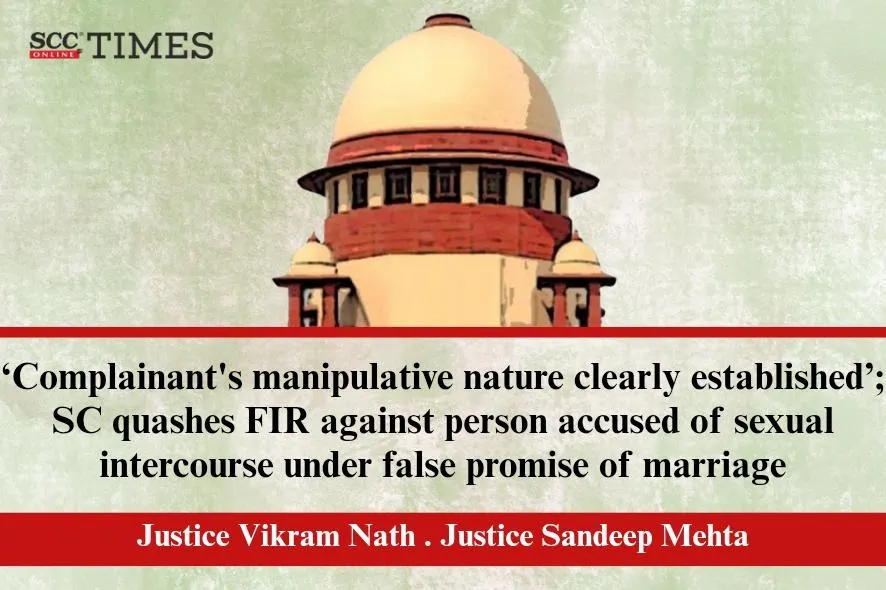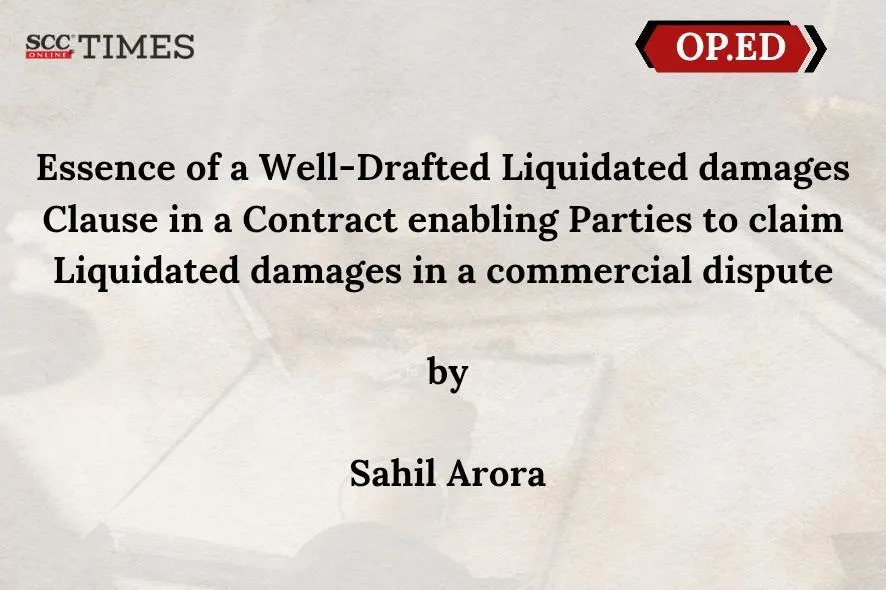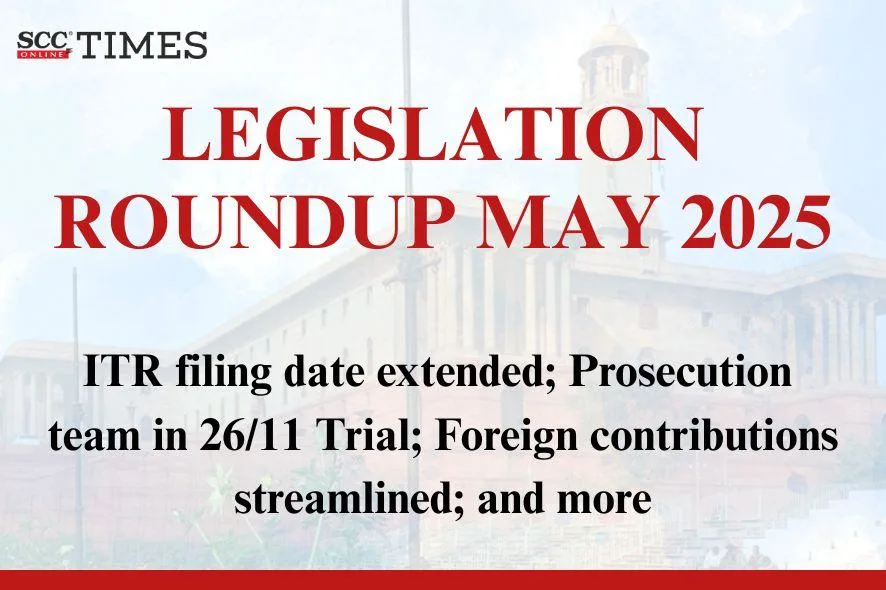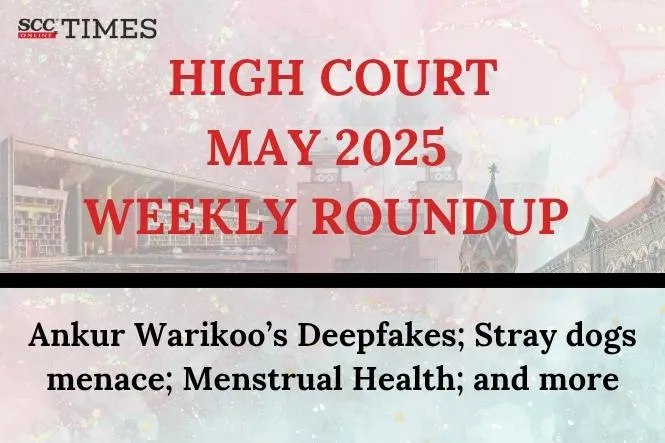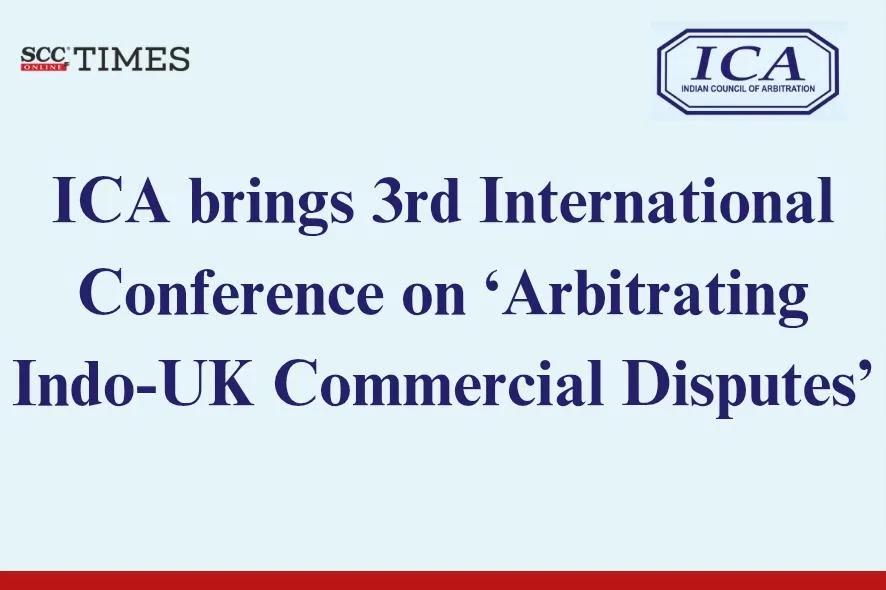Delhi High Court: A petition was filed by the petitioner under Article 226 to provide reason in detail for recommendation for High Court Judge appointment remitted by Supreme Court Of India Collegium to High Court Collegium, norms / qualification considered for High Court Judge appointment by Supreme Court Of India Collegium to High Courts Collegium, publish monthly data related to pending, disposal of recommendation by Supreme Court Of India Collegium for high Judge appointment and advise the administrative side of the Court to take such appropriate actions, as the Court deems fit under the circumstance. Subramonium Prasad, J., dismissed the petition and imposed costs of Rs.25,000/- on the Petitioner to be deposited with the Armed Forces Battle Casualties Welfare Fund within a period of four weeks from today.
In the case, the petitioner approached the High Court under Article 226 of the Constitution of India, seeking transparency and accountability in the appointment of High Court Judges by the Supreme Court Collegium. The petitioner requested detailed reasons for the rejection of recommendations for High Court Judge appointments, the norms or qualifications considered, monthly data on pending and disposed recommendations, and appropriate actions from the court’s administrative side.
The petition was filed due to a perceived lack of transparency and a significant increase in the rejection rate of High Court Judge recommendations by the Supreme Court Collegium, which rose from 4.38% in 2021 to 35.29% in 2023. This discrepancy raised concerns about the criteria and process used by the Collegium in evaluating recommendations from High Courts. The petitioner believed a communication gap existed between the Supreme Court and High Courts. Additionally, the petitioner cited a personal interest, having a case pending in Rohini District Court, Delhi, which he believed was impacted by delays in the judicial system.
The court observed that it was primarily a Publicity Interest Litigation rather than a Public Interest Litigation (PIL). The petitioner’s claim of being a victim of delay in his district court case did not establish a direct connection to the reliefs sought. The court found the averments in the writ petition to be incoherent and lacking a clear rationale. The court highlighted that the Collegium of the concerned High Court makes recommendations for the elevation of Judges, which are then considered by the Supreme Court Collegium, with results published on the Supreme Court’s website. The qualifications for High Court Judge appointments are outlined in Article 217 of the Constitution of India. The court emphasized that it could not sit in appeal over the subjective satisfaction of the Supreme Court Collegium and determined that the petitioner had no locus standi to maintain the writ petition as he failed to demonstrate how he was personally affected.
Thus, the court concluded that the writ petition was a complete waste of judicial time and dismissed it, imposing a cost of Rs. 25,000 on the petitioner, to be deposited with the Armed Forces Battle Casualties Welfare Fund within four weeks. If the petitioner failed to pay the costs, the amount was to be recovered as arrears of land revenue, with a compliance report to be filed within four weeks.
[CA Rakesh Kumar Gupta v. Supreme Court of India, 2024 SCC OnLine Del 4165, decided on 27-05-2024]
Advocates who appeared in this case :
Petitioner-in-person




